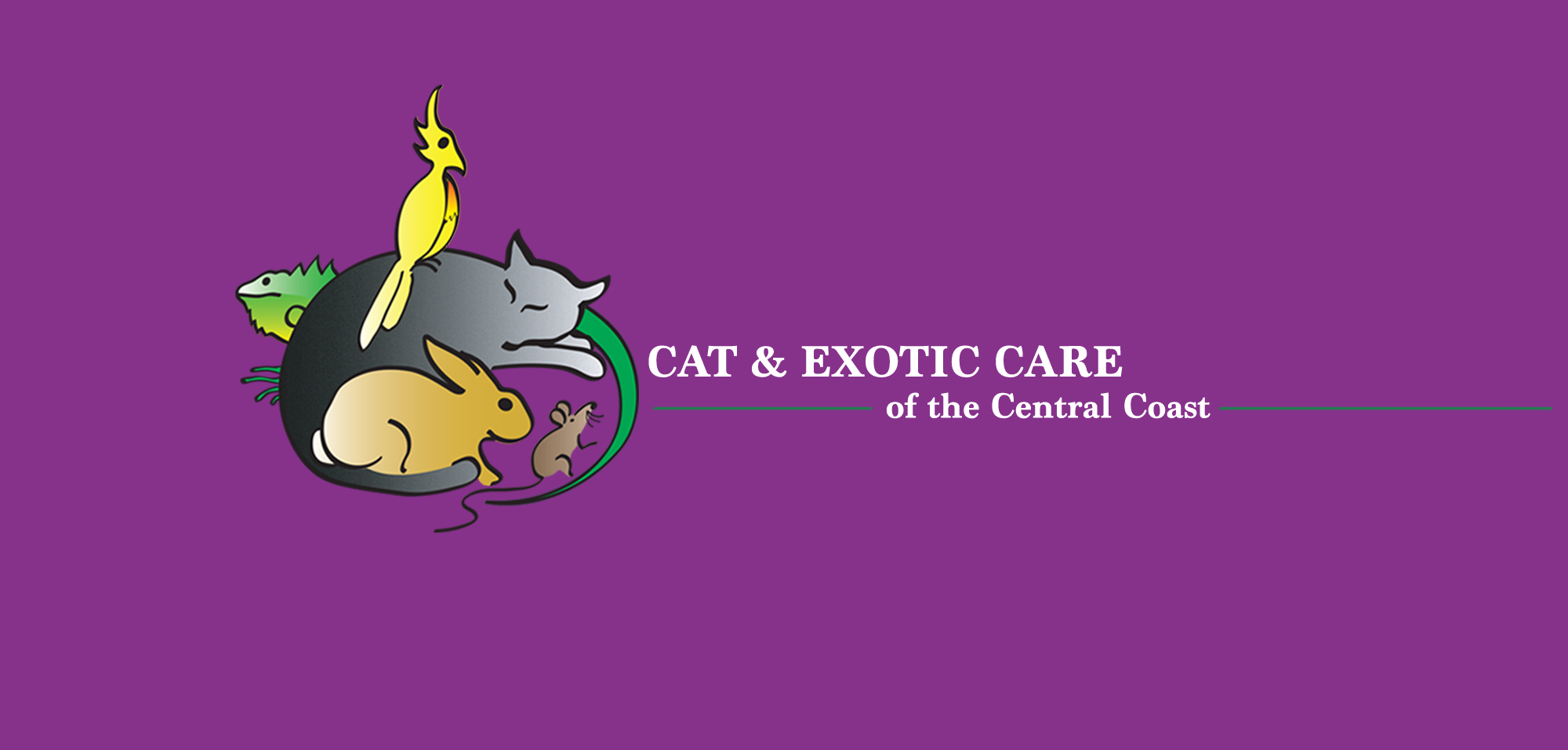QUESTION:
My tortoise recently woke up from hibernation and seems really weak and won’t eat normally. What should I do?
ANSWER:
We have a lot of tortoises in this area because the great climate on the central coast makes it an ideal place for many tortoise species to thrive. Unfortunately, my clinic sees a lot of tortoises that wake up from hibernation in poor condition. During hibernation a tortoise’s metabolism slows down significantly. Many species have to survive without food and water for months. It is a major drain on these tortoises’ bodies and, if they enter hibernation in less than optimal condition, they can become ill or even die in the process. Ideally, pre and post hibernation exams should be performed to screen for problems.
The most common problem experienced post hibernation is upper respiratory disease. Signs include nasal bubbling, puffy eyes, oral ulcerations, and noise breathing. Causes are usually viral or bacterial, and these pets require supportive care (hydration, nutritional support and warmth) and sometimes antibiotics to recover. If you see these signs, or the signs you described in your question, you should take your tortoise to an exotics veterinarian as soon as possible.
On exam, your veterinarian should check the tortoise for other concurrent illnesses that may have predisposed the tortoise to the respiratory infection. A thorough history to ensure there is nothing missing in the care, as well as fecal analysis to check for parasites, lab screening to check for organ disease, and radiographs to look for physical problems (bladder stone, foreign body in the intestinal tract, etc) should help complete the picture of the tortoise’s health. The prognosis for a tortoise with upper respiratory disease is usually good if the tortoise is evaluated and cared for quickly after noticing the symptoms.
If you have a veterinary question that you would like to propose for an upcoming edition, please send it to email@catandexoticcare.com with “ask the vet” in the subject line.
Max Conn, DVM is the owner of Cat & Exotic Care of the CentralCoast, a full service veterinary hospital dedicated to the special needs of cats, birds, reptiles and small mammals. Cat & Exotic Care is located in PismoCoastPlaza, 565 Five Cities Drive, 805-773-0228. More information can be found at www.catandexoticcare.com.
Disclaimer: The informational handouts and website links above are for informational purposes only, they are not intended to replace veterinary care.
